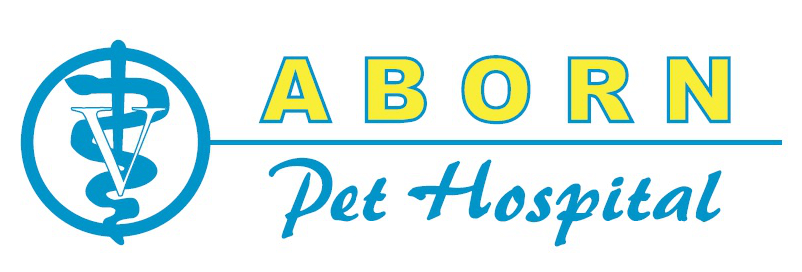We Carry The Rattlesnake Vaccine for Dogs (Crotalus Atrox Toxoid)
Hurry!! Spring and summer are near, which means so is an encounter with Rattlesnakes if you live, walk, hike, or camp in areas that rattlesnakes inhabit. Hurry and get your canine companion protected. Check the link at the end for a great article on rattlesnakes in the Bay Area.
Rattlesnakes live in a variety of habitats including CALIFORNIA so protect your furry canines. They are found in wetlands, deserts, and forests, from sea level to mountain elevations. Rattlesnakes are most active in warmer seasons, from spring to autumn. In southern latitudes, they are occasionally found year-round.
A Rattlesnake bite is a veterinary emergency.
It results in serious injury or even death to thousands of dogs each year. Rattlesnake venom is a complex mixture of toxins that spreads through a dog's body following the bite. Red Rock Rattlesnake Vaccine was developed specifically to help defend dogs from the dangerous effects of rattlesnake venom. That's rattlesnake protection that will put you and your dog at ease.
Dogs are at risk for rattlesnake bites.
They can encounter a rattlesnake anytime they are in a rattlesnake habitat. You and your dog may live near rattlesnakes. You may travel through or frequently visit places where rattlesnakes are found. Perhaps rattlesnakes live where you take your dog to trails like hiking, walking, jogging, camping or hunting. Like people, dogs may stumble upon a snake by accident. Curiosity or a protective instinct can place your dog at risk. Red Rock Rattlesnake Vaccine helps to protect them.
Damage caused by a rattlesnake bite can be very serious.
When injected into an unprotected dog, the toxins in snake venom are very painful and can have serious consequences. Even if your dog survives the immediate effects of a rattlesnake bite, it can be permanently injured by the venom.
Treatment of rattlesnake bites is expensive.
Treatment of snakebite may include antivenom injections that can cost hundreds to thousands of dollars. The use of antivenom is associated with an increased risk of adverse effects which can complicate a dog's recovery. Other costs of snakebite treatment may include hospitalization, intravenous fluids, other medicines, and even surgery. Vaccination can reduce the impact of snakebites, reduce or eliminate the need for antivenom, and decrease other treatment costs. Pet Insurance helps cover the high fees and save your pockets financially. We recommend Pet Insurance.
The vaccine stimulates your dog's own immunity.
Vaccines work by stimulating an animal's immunity to defend against potentially harmful agents. The Rattlesnake Vaccine is intended to help create an immunity that will protect your dog against rattlesnake venom.
A Snakebite is always an emergency.
Even after your dog is vaccinated against rattlesnake venom, it should be taken to a veterinarian for evaluation and care as soon as possible following a snakebite. Veterinarians can determine whether your dog will require additional treatment or hospitalization. Even bites by non-venomous snakes can lead to serious infections and antibiotic treatment may be needed. A veterinarian is the best person to consult regarding medical decisions for your dog.
VACCINATION PROTOCOL:
Initially, a dog should receive two subcutaneous doses about 30 days apart. Dogs over 100 lbs or under 25 lbs may benefit from a three-dose initial series. It is best to give vaccination boosters about 30 days before the beginning of exposure to rattlesnakes. Protection peaks about 30 to 45 days after boosters and lasts about six months.
SAFETY OF THE RATTLESNAKE VACCINE:
The Rattlesnake vaccine has been on the market since 2003 and is a standard of veterinary care for dogs at high risk for rattlesnake bites. It is listed in the American Animal Health Association's 2006 canine vaccination guidelines. It is conditionally licensed by the USDA and is recommended in over 4,000 plus veterinary hospitals nationwide.
SIDE EFFECTS:
Adverse events are reported in far fewer than one percent of all vaccinated dogs. Most of these side effects are mild and need no veterinary care. Injection site lumps can be treated with hot moist compresses, antibiotics, and pain relief medication if necessary. Systemic reactions (typically flu-like symptoms) are reported in fewer than one in 3,000 vaccinates and usually self-resolve in two to three days.
EFFICACY:
Reported benefits include delay of onset of symptoms, less severe symptoms, faster recovery times, and lower mortality rates. The vaccine is an aid in preventing injury and death from a rattlesnake bite. It is designed to stimulate a dog's natural immune system to create antibodies to rattlesnake venom. A snakebite is STILL an emergency-the vaccine does not give total immunity. You should still have your dog treated at an emergency clinic if bitten by a snake.
